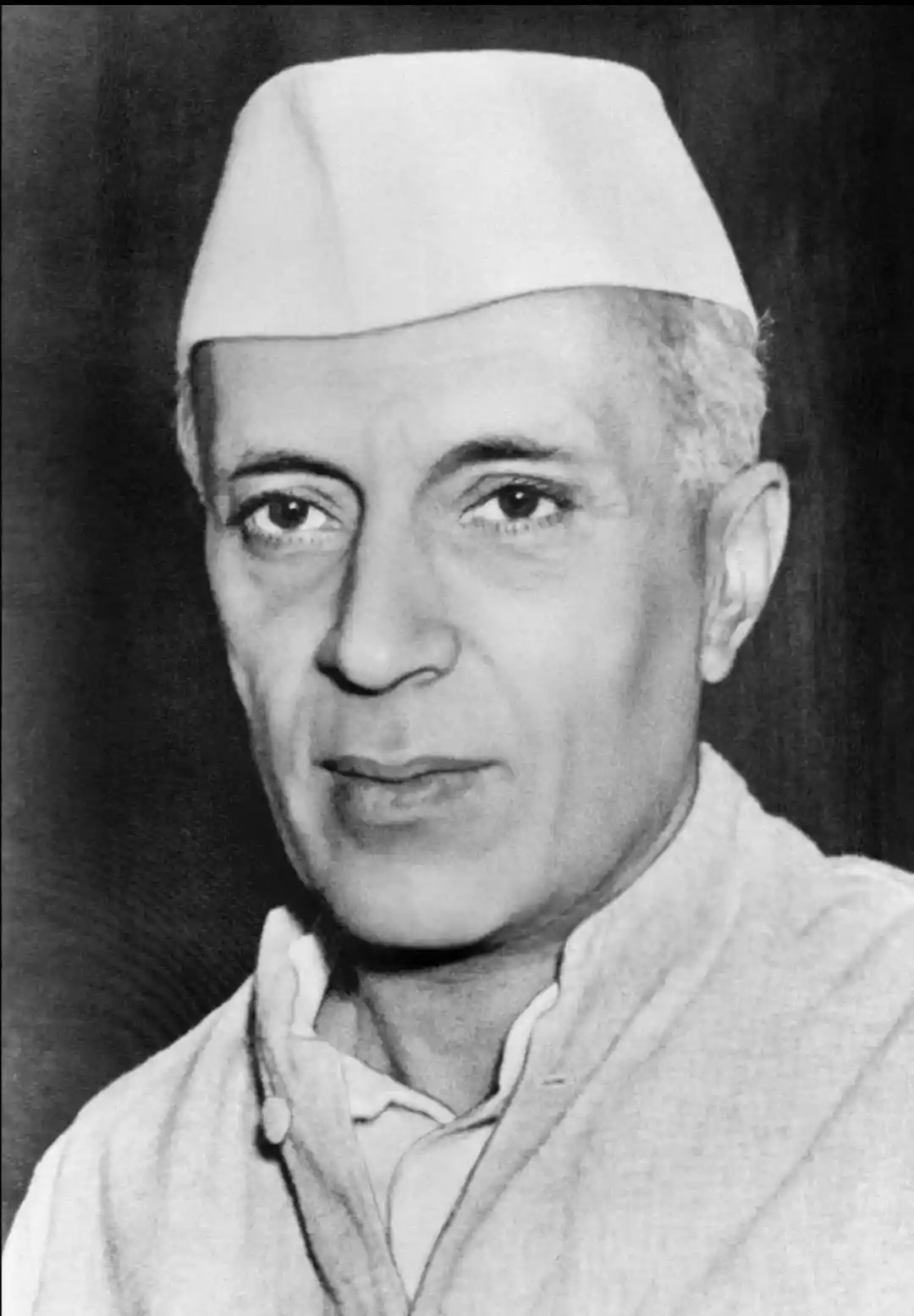The light is gone
On this day in 1964, the country received its biggest shock after Mahatma Gandhi's assassination. The country lost its beloved Prime Minister Jawaharlal Nehru, who couldn't emerge victorious against a paralytic attack and a heart attack.

Pandit Nehru; Source: Wikimedia Commons
27th May 1964 brought with it news that shell-shocked the nation and immersed it in a sorrow akin to the one witnessed when Mahatma Gandhi had been assassinated. Jawaharlal Nehru, the architect of a new, free India, was no more.
His health had been constantly deteriorating and he had been getting weaker every day. He had been experiencing rapid weight loss but most people shirked it off as a common trait of old age. However, it was a sign of something far worse.
Just a week before his death, Nehru had proclaimed that he'd live for a very long time to come.
Just the night before his death, he had returned from Dehradun. He had been there on a holiday with his daughter and even on his way to Dehradun, he wasn't in the best shape. The people who had gone with him said that he was experiencing discomfort in his left hand and feet.
Nehru reached back to Delhi on 26th May and according to his helper Nathuram, he had been very ill. By this time, he was experiencing pain in his hands. back and shoulders. He was miserable.
The morning of 27th May brought bad news with itself. He was jolted first by a paralytic attack and then to make matters worse, a heart attack- both of which sent him into a coma. The doctors gave it their everything, but unfortunately, couldn't save him.
The parliament was in session and everyone had been eagerly waiting for Nehru when Chidambaram Subramaniam reached there. He repeated the exact same words that Nehru had said when Gandhi had died-
"The light is gone'"
The proceedings of the Parliament were suspended immediately. There was hardly any newspaper that didn't report Nehru's death. He had been a beacon of light in some of the darkest days in Indian history and people all over felt as if their future had plunged into uncertainty all over again.
This is the exact reason why all kinds of rumours were spread after his demise- the people were concerned about yet another fission of the nation that had been held together after much difficulty by Nehru.
However, the country weathered the storm on the back of its strong democratic processes and the constitution that backed them. The only thing that were unable to be controlled were the feelings of despair and sorrow. People felt as if they had been orphaned. The number of people that shed tears for him was the living proof of how many lives he had touched in his life, of his victories and of the sacrifices he made. Unarguably, the affection and the respect Nehru received can hardly be paralleled by anyone else.


